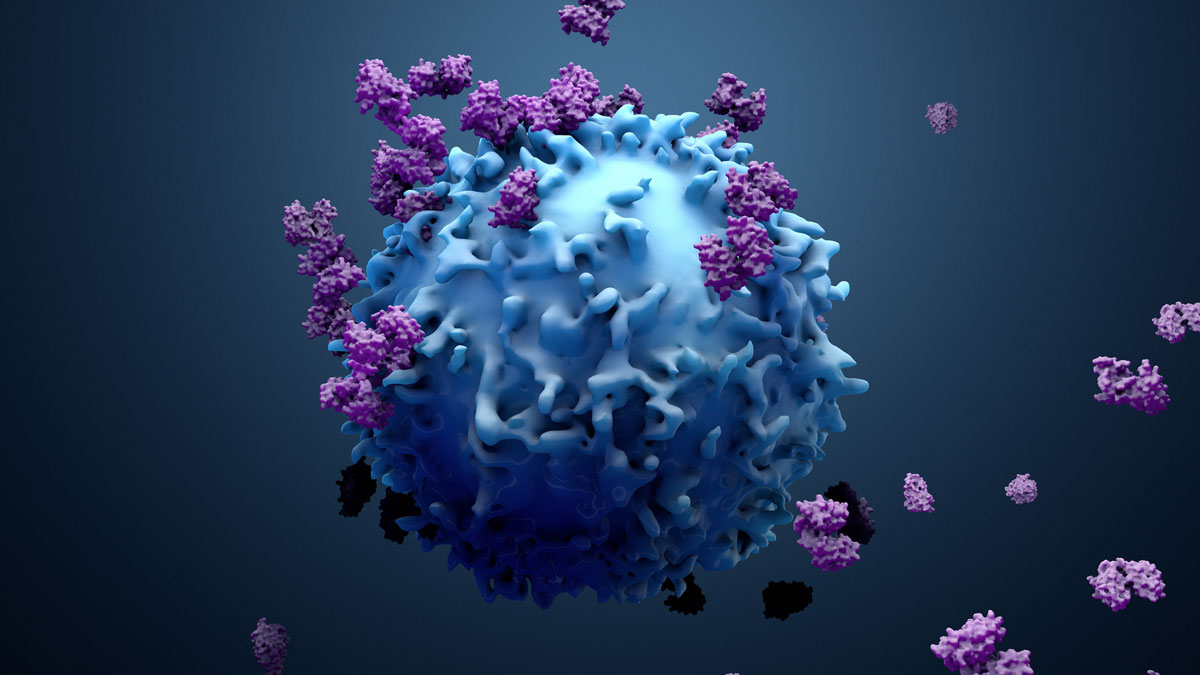
Art E. Favre has always had big plans.
Nearly 40 years ago, he started an industrial construction company. Today, Performance Contractors receives top customer satisfaction and safety ratings, has grown to employ 7,500 people in 30 states, and routinely ranks in Business Report’s Top Private Companies.
Now, Favre has committed to health care in a big way. He made a $1.2 million gift to Pennington Biomedical Research Foundation to establish the Cancer Metabolism Research Program at LSU’s Pennington Biomedical Research Center.
The legacy of the donation builds on the original gift by Doc and Irene Pennington that established Pennington Biomedical. Donations continue to be a major funding source and leverages support from the state of Louisiana.
Over the years, cancer has changed so many lives at Performance. “Science has come a long way,” he says. “But there are still a lot of cancers that are not curable, and many of them are not effectively treatable. I do think past research has created a lot of building blocks,” he says, “and we’re closer than ever to really making some great strides.
With the right investment and infrastructure, he believes regional health professionals can build better prevention and treatment protocols from the ground up and make a difference for people in our region, throughout the state and around the world.
Pennington Biomedical plays a critical role in improving health by laying a solid foundation for prevention and treatment in biomedical research. With Favre’s gift, Pennington Biomedical has leveraged its assets to establish a Cancer Metabolism Research Program with a particular focus on nutrition, weigh control, physical activity and chemoprevention.
The Center has recruited Justin Brown, Ph.D, who completed his research training at the University of Pennsylvania and his fellowship training at Harvard University. He is now setting up labs designed to identify the biological and behavioral pathways through which physical activity, diet, body composition and other lifestyle factors influence cancer prognosis. Brown and his team of scientists will participate in local, regional and national cancer initiatives related to cancer prevention and survivorship.
As a Pennington Biomedical Research Foundation board member since 2014, Favre also understands that laying the scientific foundation for the development of new cancer therapies takes not only expertise but also time.
“Unlike many other non-profits,” Favre begins, “Pennington Biomedical is not a direct give-and-receive benefit. There’s a great long-term benefit – greater than many people would imagine. Maybe it takes ten years, but then there’s a truly wonderful breakthrough.”
Favre hopes the emphasis on collaboration between experts at Pennington Biomedical and local cancer centers and hospitals may speed progress and contribute to the development of new ideas and discoveries.
“Better cooperation between those groups could drive some really significant discoveries right here in Baton Rouge. It might substantially change the way cancer patients are treated for certain types of cancer.”
Looking at the magnificent health care organizations lining the Perkins Road and Essen Lane medical corridor, “It’s interesting to see the continuum of research and care,” Favre says. “The pieces are all here to make something very robust happen. Hopefully, with a little help and financial support, some of this will come to fruition. I hope we’ll be the first ones to get across the finish line.”